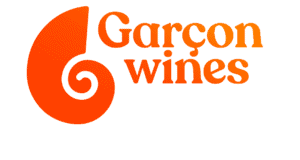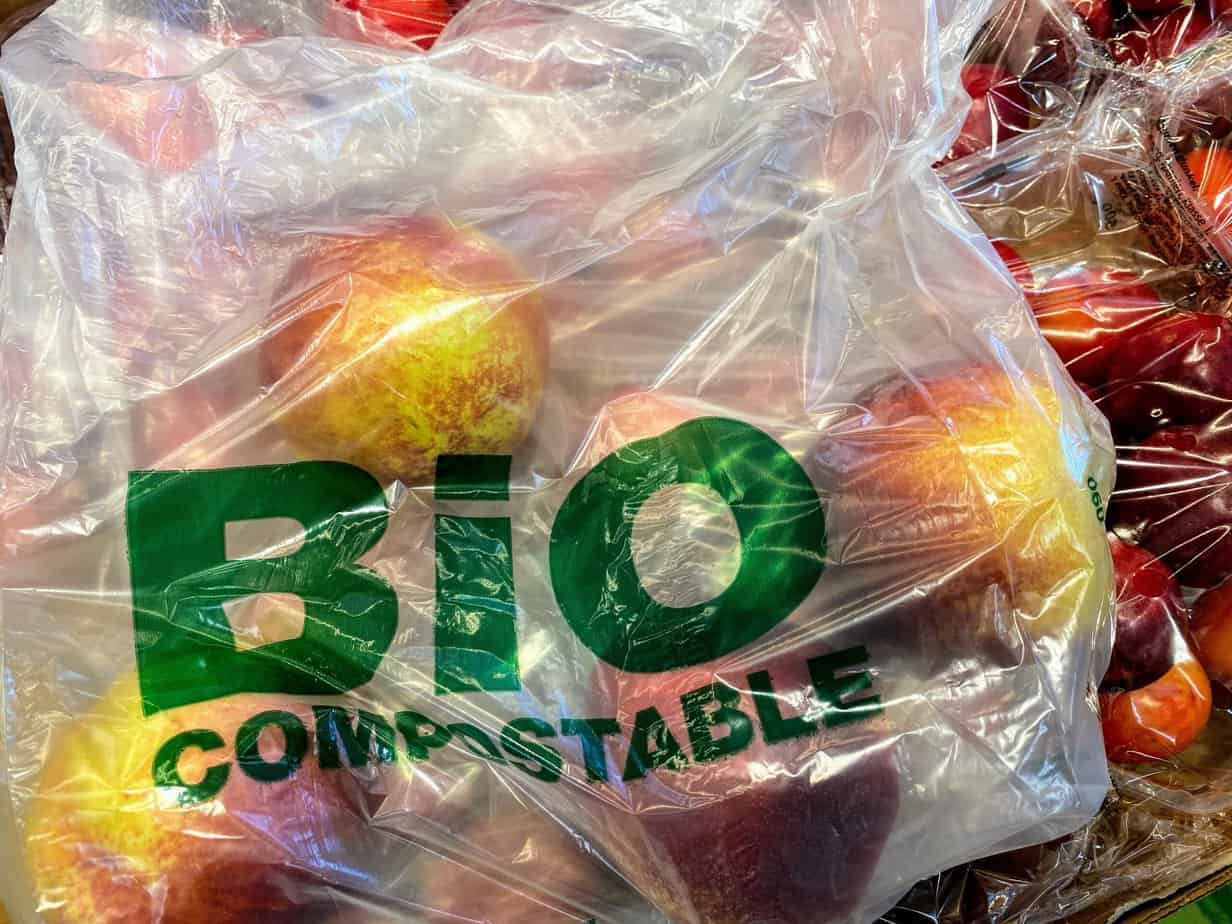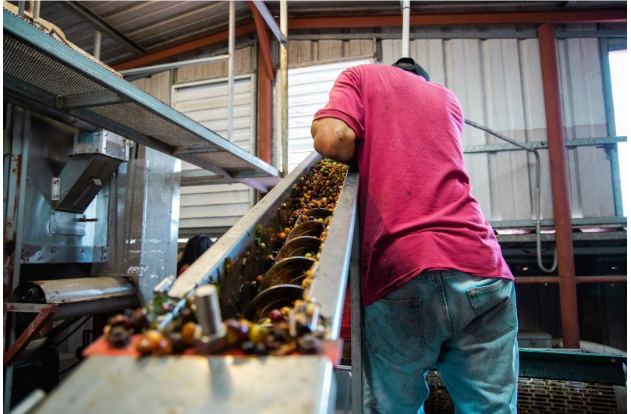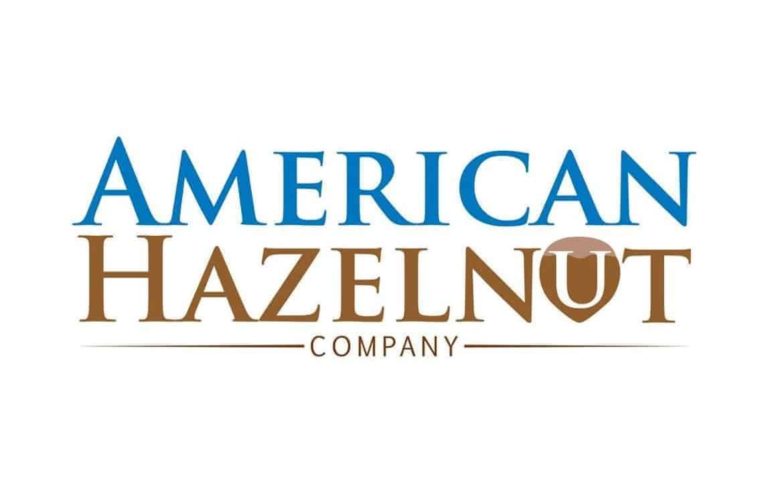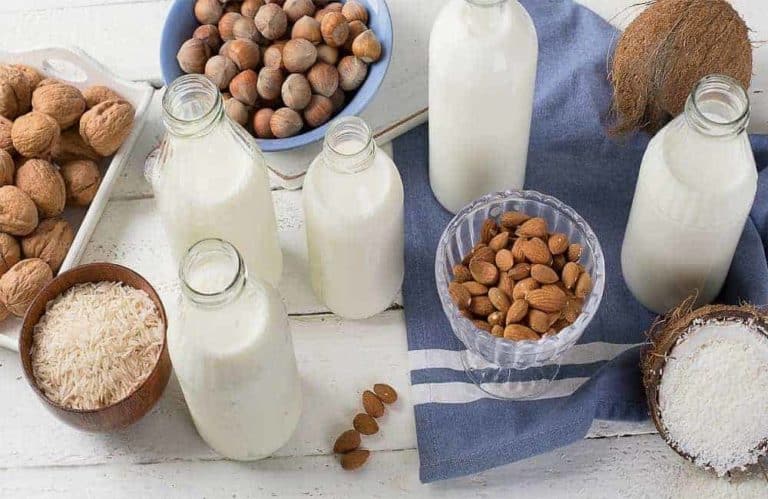Food stores and restaurants that provide takeout and delivery services continue to generate much food packaging trash. The situation is becoming unsustainable. Over 40 percent of all plastics manufactured globally are now used to wrap food and beverages. Consumers are frequently rebuked for not making mindful choices when shopping for food. They are frequently denied options or compelled to purchase over-packaged foods or single-use containers used by restaurants to transport their dishes. Supermarkets and restaurants must use sustainable food packaging companies to break the addiction to plastic. Getting started with one of these environmentally friendly food packaging firms is a great idea, but the question is, why do we need alternatives to sustainable food packaging?
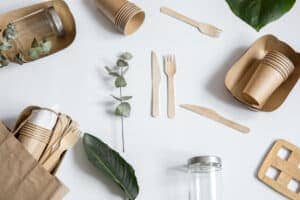
Every day, hundreds of millions of single-use foil cans and trays are used to bag goods. Non-biodegradable containers, straws, and plastic cutlery used in food takeout and deliveries are wasted worldwide. Despite their convenience, some of the most fashionable food packaging materials harm the environment. We recently analyzed some of the most commonly used food packaging materials, such as glass paper, paperboard metal, and plastic.
What Sustainable Food Packaging Companies Are Up Against
Despite its significant environmental impact, its low cost and adaptability make it popular among food manufacturers. Although glass and metal have a smaller environmental impact, their chemical compounds make them exceedingly deadly once discarded. Even paper and paper board, which are frequently mistaken for more environmentally friendly materials, require up to three times the energy required to create plastic, and they’re practically hard to recycle after coming into contact with food.
While no traditional and widely used food packaging materials are sustainable, the situation is not all bad. A growing number of companies and startups, primarily in North America, are spending time and money on developing alternative packaging materials that are easy to recycle, reuse, compost, or biodegrade. Hence, it has a low environmental impact on the food industry. Many other industries are revolutionizing in identifying sustainable alternatives and satisfying customer needs for sustainable packaging and silverware.
The Solutions From The Most Innovative Sustainable Food Packaging Companies On The Market

Sustainable Beverage Packaging
British Company
Garson Wines is an ingenious player with new sustainable beverage packaging. Currently, aluminum, cardboard, glass, and plastic beverages are packed in a variety of ways all across the world. Every year, we use 180 billion cans of beer and soda. Over 6,700 cans every second and 1 million plastic bottles per minute. Fortunately, some companies have transformed the beverage sector by offering more environmentally friendly packaging solutions. Along with sustainable packaging, sustainable farming in
urban food production has been utilized through vertical farming. Many back this movement.
Sustainable beverage packaging companies start with listing Garcon Wines. They have designed flat bottles of recycled plastic that are 87 percent lighter than glass. With the novel shape and the exceptionally light weight of the material, the company can pack bottles tightly into cartons. Due to efficient space use, they take up less space than the traditional round-shape of wine bottles. Allowing up to 91 percent more products that can fit into packaging on a single shipping pallet. There is a reduction in loading time and the end use of less packaging material. The company can cut nearly half of its emissions.
Recycling Beverage Packaging Into New Bottles
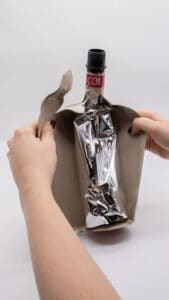
British company
Frugalpac created a method to replace glass bottles with cellulose fiber bottles for wine, sake, and spirits. The Frugal Bottle includes 94 recycled paperboards and weighs five times less than glass. Despite not being completely biodegradable, the concept has a substantially reduced carbon footprint of approximately six times that of ordinary bottles. An excellent alternative to glass but also to plastic bottles with the potential to revolutionize the beverage packaging sector
Using Food Ingredients As Food Packaging
Corn Starch Based Food Packaging

Cornstarch packaging is a good biodegradable substitute for styrofoam and plastic containers. Cornstarch is already an ingredient finding use in products that sell on the market, which includes plates, bags, trays, and boxes. This larger movement in new bioplastics is a generation from our agricultural waste.
Servous, An American company, offers biodegradable, compostable, and recyclable corn starch food packaging products. A viable and environmentally friendly alternative to traditional packaging materials.
Corn Starch is used to make PLA (Polylactic Acid), a type of bioplastic with a natural base material. This type of package from corn derives from renewable sources, one of the world’s most popular biodegradable materials. Corn is the biggest crop and most valuable crop that grows in America. A movement of food packaging from cornstarch would be a huge economic boom for American farmers. So, it is readily available in America, the number one package waste producer. They are 100 percent biodegradable, compostable, and free of dangerous pollutants, making them environmentally acceptable. The technology is still in its infancy, and cornstarch packaging does have some problems. Primarily, the issue is the inappropriate disposal of the material due to a lack of customer understanding. If the sustainable food packaging companies of the world want American corn to make sustainable packaging, it will bring economic benefits and a decrease in plastic-based packaging.
Popcorn Based Food Packaging
Researchers at the University Of Gottingen in Germany have created a substance that resembles styrofoam but is 100 plant-based. Unlike styrofoam and other polystyrene packaging materials, this material has a low environmental impact. This material is made from popcorn.
Popcorn is widely available biodegradable and can even be composted at home. It also has a high air content, making it an excellent packaging material with excellent insulating capabilities. The University has already signed a licensing agreement with grain and cereal company
Nord Getreide. They intend to replace their packaging over the years with material made from popcorn. The popcorn packaging method has a great deal of promise.
Mushroom-Based Food Packaging
Another groundbreaking innovation is packaging made from mushrooms. This is a high-performance material and makes for water-resistant packaging. Current packaging versions are 100 biodegradable and made with only two ingredients: hemp hearts and mycelium. Disposed of in nature within weeks. Though this innovation was made in 2006, it did not take off until recently. In 2020, the Swedish company
Ikea began shipping some of its products using this mushroom-based alternative. This tiny but significant move in the right direction was promoting this excellent invention worldwide and bringing more retailers to follow suit.
Bamboo Based Food Packaging
Takeaway packaging made from bamboo, one of the world’s fastest-growing woody plants, is another trendy alternative packaging material. It is biodegradable and compostable in two to six months, emitting 35 percent more oxygen into the atmosphere than the same volume of trees. Its strength and flexibility make it a perfect material for use in scaffolding and building. Renewability and versatility are what customers are looking for.
Universal BioPack is the leader in the bamboo packaging material industry. Established in Thailand, this company manufactures bamboo and cassava packaging for restaurants and businesses. Replacing the popular styrofoam and plastic boxes is the mission of Universal BioPack.

Thailand is at the center of bamboo production. They produce the most
dried coconut products in the world. Also, a top producer of the world’s supply of
dried pineapple. The company uses bamboo to make various products, from trays to bowls to cups and silverware. Mostly, they take it from the remaining pieces of the chopstick production process that is also done in Thailand. From the takeout industry to grocery stores, many industries are looking for this innovation to be demanded by more customers. A new facility in Bangkok has more than doubled its production of bamboo supplies. Sustainable food packaging companies like Universal BioPack aim to enhance their monthly capacity from 300,000 to 1 million units. Making a change in the industry toward cleaner options.


